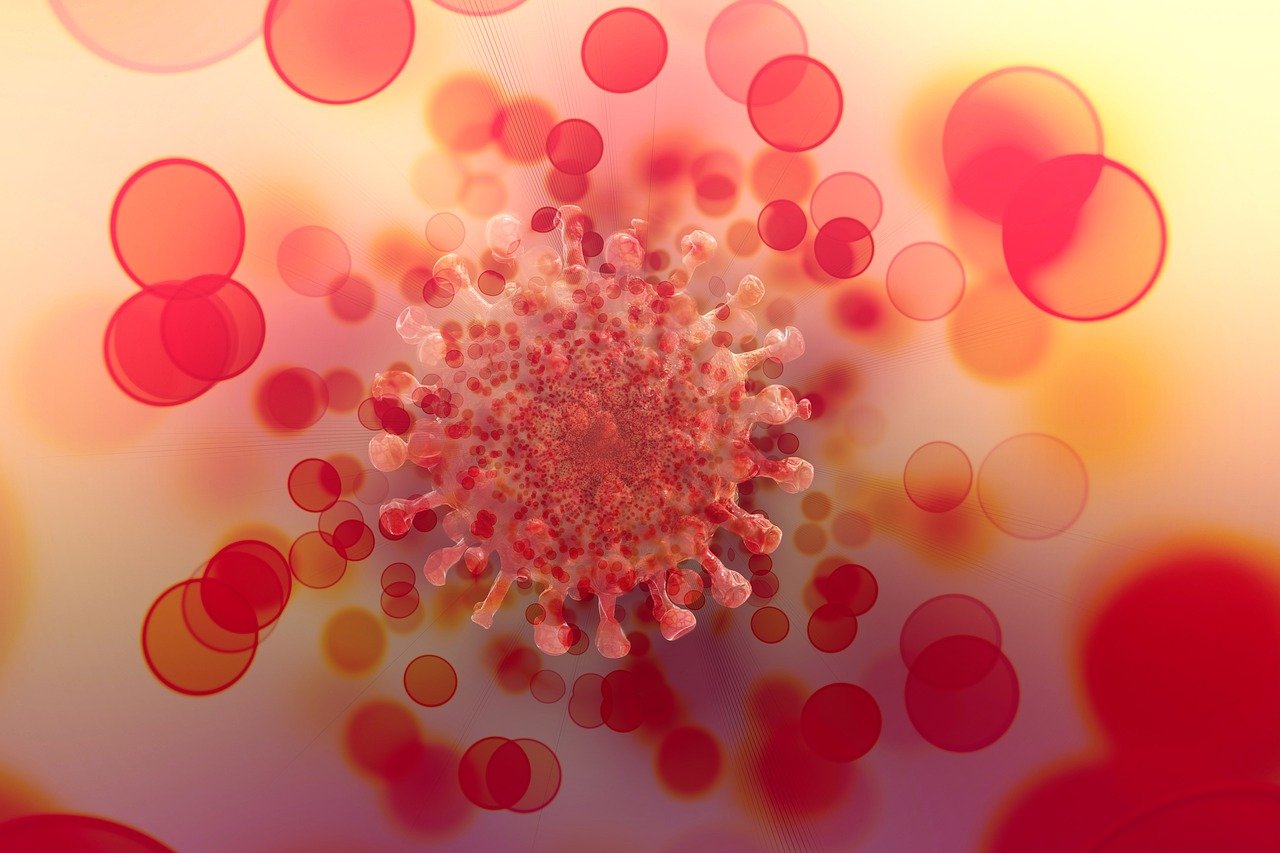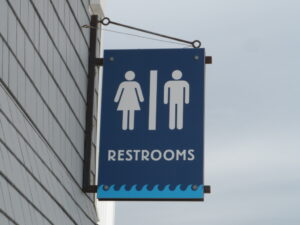Omicron is the newly discovered variant of the Covid-19 virus. First identified in South Africa, the variant has over 30 mutations to the spike protein and was deemed a variant of concern by the World Health Organization last Friday, November 26, 2021. Scientists are still in the process of researching and monitoring Omicron to understand whether the variant is more contagious than previous strains, if it causes more severe disease, and how effective the current vaccines are to protect against Omicron. Following the news from South Africa, travel restrictions are being re-implemented by many countries in an attempt to stop the transmission of Omicron.
Is it dangerous?
Former co-chair of the South African Ministerial Advisory Committee on Covid-19, Salim Abdool Karim, gives a response to this question.
“The reality is we’ve only known about this virus for just over a week, so we don’t really have the kind of data required to answer those questions definitively.”
However, current evidence of transmission in South Africa has suggested that Omicron transmits faster than the previous variants. This is because Covid-19 cases have consistently been relatively low in South Africa and Omicron spread much faster than previous strains. Scientists have also explained that Omicron has similar mutations to the Delta variant, which currently holds the most Covid-19 cases worldwide despite its first detection being around a year after the original Covid-19 strain. Omicron may prove to transmit faster than previous strains, but one South African doctor, Dr. Angelique Coetzee, has said that all of the Omicron cases she has encountered have been mild. She reported that “the most predominant clinical complaint is severe fatigue for one or two days, with then the headache and the body aches and pain.” Other symptoms she has seen so far include a scratchy throat and a dry cough, but none of her patients have required oxygen supplementation.
How is it affecting the United States?
Within the first week of the initial detection, the United States did not receive any positive Covid-19 tests for the new variant, but on Wednesday, December 1, 2021, its first case was reported. The individual is a fully vaccinated traveler who returned to California from South Africa on November 22. They started feeling mild symptoms on November 25, got tested on November 28, and received a positive result on November 29. Within one day, scientists at the UCSF (University of California, San Francisco) determined that it was Omicron. The case was officially reported by the US two days later. The traveler is still in isolation and aggressive contact tracing has been implemented. Luckily, like those who have had Omicron in South Africa, the individual has only experienced mild symptoms and close contacts have tested negative.
President Joe Biden’s top medical advisor, Dr. Anthony Fauci, has expressed concern for those who have not yet gotten vaccinated and is encouraging those who are already vaccinated to get a booster shot. Although it is not confirmed, current vaccines produced by Pfizer-BioNTech and Moderna likely still offer substantial protection against the variant. The two companies are preparing to reformulate their shots if it is proven necessary.






